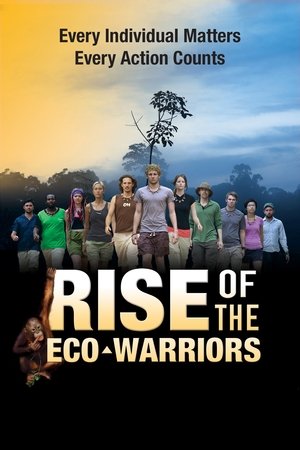
Rise of the Eco-Warriors(2014)
A group of passionate young environmentalists spend 100 days in the jungles of Borneo in effort to save the rainforests and its endangered orangutans in this Australian documentary...
Movie: Rise of the Eco-Warriors
Video Trailer Rise of the Eco-Warriors
Similar Movies
Horns and Halos(en)
"What if someone wrote your biography? Would there be horns and halos involved?"
 0.0
0.0Coastal(en)
Take a journey with Neil Young on this personal, behind-the-scenes doc as he cruises the coast for his recent solo tour. Coastal gives an intimate view of the maverick musician, as he navigates a return to the stage post-Covid. From his everyday observations on the bus to his candid banter with his audience. Coastal is a rare peek behind the curtain of this unguarded iconoclast.
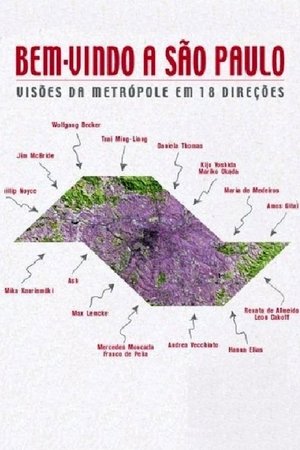 5.6
5.6Welcome to São Paulo(pt)
All the feature is given prestige to by the narration in Caetano Veloso's voice, that also signs one of the segments of the project. São Paulo is the largest city of the Southern Hemisphere, with an incessant dynamics of cultural mixtures, with immigrants of all the world and migrants of all parts of Brazil. The gathering of these peculiarities are seen through the 13 film directors's sensibilities and their segments.
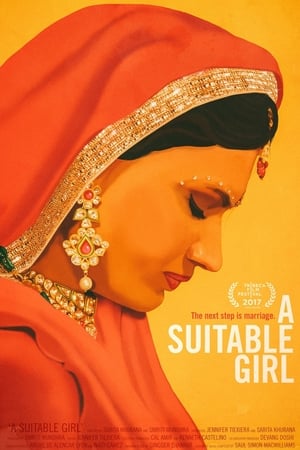 6.9
6.9A Suitable Girl(en)
A Suitable Girl follows three young women in India struggling to maintain their identities and follow their dreams amid intense pressure to get married. The film examines the women's complex relationship with marriage, family, and society.
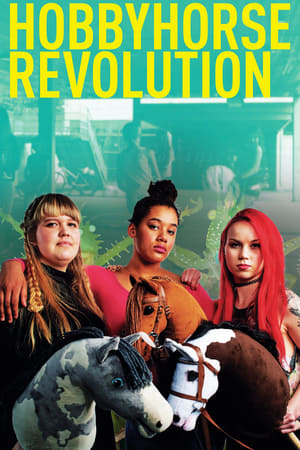 6.5
6.5Hobbyhorse Revolution(fi)
A film about teenagers with growing pains, who discover their own voice and talent through riding and grooming toy horses.
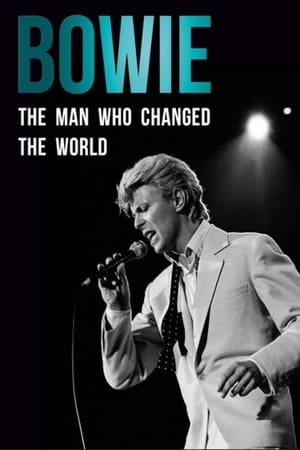 5.7
5.7Bowie: The Man Who Changed the World(en)
Experience an inside look at David Bowie's incredible influence on music, art and culture via interviews with some of the people who knew him best.
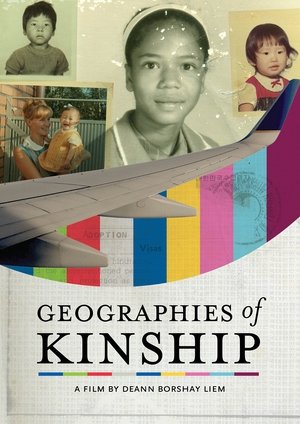 0.0
0.0Geographies of Kinship(en)
In this powerful tale about the rise of Korea’s global adoption program, four adult adoptees return to their country of birth and reconnect with their roots, mapping the geographies of kinship that bind them to a homeland they never knew.
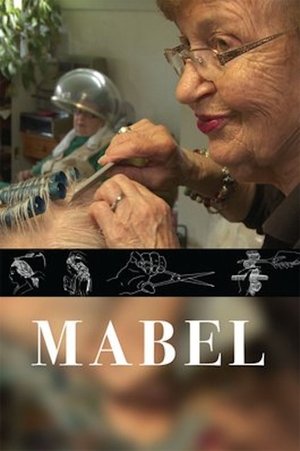 0.0
0.0Mabel(en)
Feisty, fiercely independent and firmly rooted in place, 90 year-old Mabel Robinson broke barriers back in the 40s when she became the first woman in Hubbards, Nova Scotia, to launch her own business—a hairdressing salon where she still provides shampoo-n-sets over 70 years later. Weaving animation and archival imagery with intimate and laugh out loud moments in the salon, the film celebrates the power of friendship, doing what you love and staying active. With no desire to retire anytime soon, Mabel gives voice to a generation who are not front and center of cinema or the pop hairstyles of the day, and subtly shifts the lens on our perception of beauty and the elderly.
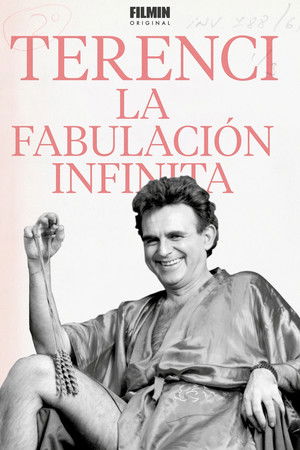 6.0
6.0Terenci: la fabulación infinita(es)
An account of the life and work of the charismatic Spanish writer Terenci Moix (1942-2003).
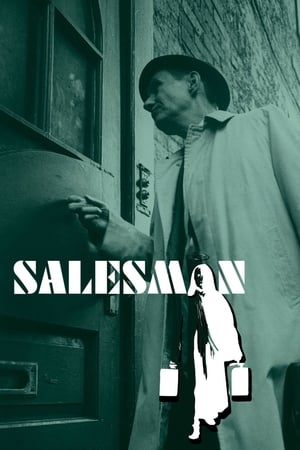 7.2
7.2Salesman(en)
This documentary from Albert and David Maysles follows the bitter rivalry of four door-to-door salesmen working for the Mid-American Bible Company: Paul "The Badger" Brennan, Charles "The Gipper" McDevitt, James "The Rabbit" Baker and Raymond "The Bull" Martos. Times are tough for this hard-living quartet, who spend their days traveling through small-town America, trying their best to peddle gold-leaf Bibles to an apathetic crowd of lower-middle-class housewives and elderly couples.
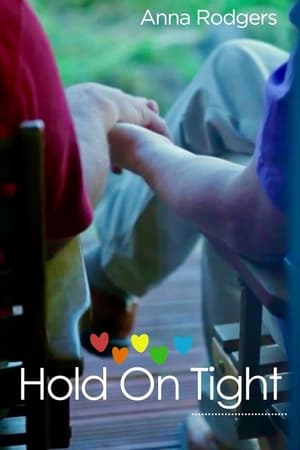 4.7
4.7Hold on Tight(en)
A short documentary exploring the ways LGBT couples show affection, and how small interactions like holding hands in public can carry, not only huge personal significance, but also the power to create social change.
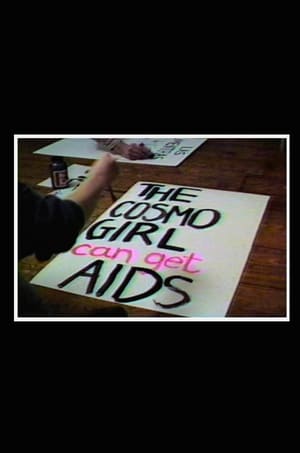 0.0
0.0Doctors, Liars, and Women: AIDS Activists Say No to Cosmo(en)
Outraged by the controversial January, 1988 article in Cosmopolitan magazine, the women in the AIDS Coalition to Unleash Power, (Act Up, New York), organized the first AIDS demonstration focused on women. Doctors, Liars and Women:AIDS Activists Say No To Cosmo not only documents the efforts of the Women's Committee to organize this protest, it also serves as a how-to-guide for direct action.
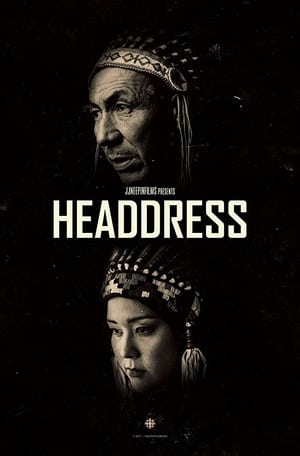 0.0
0.0Headdress(en)
For First Nations communities, the headdress bears significant meaning. It's a powerful symbol of hard-earned leadership and responsibility. As filmmaker JJ Neepin prepares to wear her grandfather's headdress for a photo shoot she reflects on lessons learned and the thoughtless ways in which the tradition has been misappropriated.
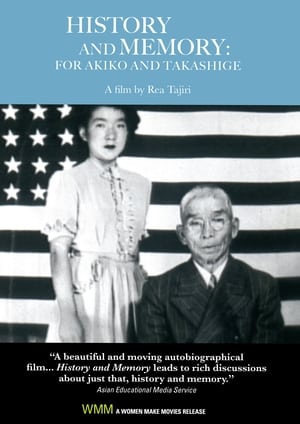 0.0
0.0History and Memory: For Akiko and Takashige(en)
This film is a poetic composition of recorded history and non-recorded memory. Filmmaker Rea Tajiri’s family was among the 120,000 Japanese and Japanese Americans who were imprisoned in internment camps after the attack on Pearl Harbor. And like so many who were in the camps, Tajiri’s family wrapped their memories of that experience in a shroud of silence and forgetting. This film raises questions about collective history – questions that prompt Tajiri to daringly re-imagine and re-create what has been stolen and what has been lost.
Sound and Chaos: The Story of BC Studio(en)
For over 30 years, Martin Bisi has been recording music from his studio in Gowanus, Brooklyn. He has worked with many influential musicians, including Sonic Youth, Swans, Herbie Hancock, Brian Eno and the Dresden Dolls. Now though, he finds himself squeezed in by the approaching gentrification of his neighborhood.
 5.6
5.6I Remember Me(en)
In 1984-85, people at Lake Tahoe fell ill with flu symptoms, but they didn't get better. Medical literature documents similar outbreaks: in 1934 at LA county hospital, in 1948-49 in Iceland, in 1956 in Punta Gorda, Florida. The malady now has a name, chronic fatigue syndrome, and filmmaker Kim Snyder, who suffered from the disease for several years, tells her story and talks to victims and their families, and to physicians and researchers: is it viral, it is psychosomatic, is it one disease or several (a syndrome) ; what's the CDC doing about it; what's it like to have a disease that's not yet understood? Her inquiry takes her to Punta Gorda and to a high-school graduation.
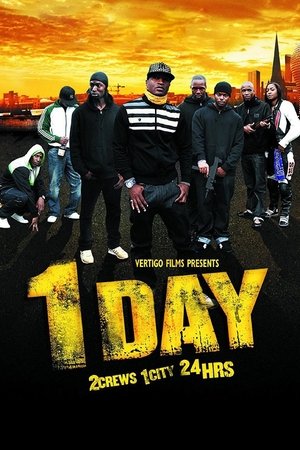 5.1
5.11 Day(en)
This searing British thriller follows Flash (Dylan Duffus), who's safeguarding his buddy Angel's (Yohance Watson) cash until his release from prison. Now Angel is out -- and Flash is 100 pounds short. He turns to a lowlife named Evil (Tobias Duncan) for help, the first in a series of mistakes. Now, Flash has more than just Angel hunting him down. Directed by Penny Woolcock (Mischief Night), the film co-stars Ohran Whyte and Chris Wilson
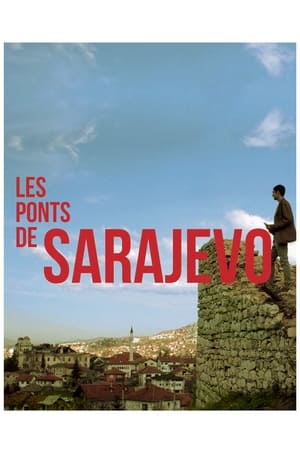 6.3
6.3The Bridges of Sarajevo(fr)
Thirteen European directors explore the theme of Sarajevo; what this city has represented in European history over the past hundred years, and what Sarajevo stands for today in Europe. These eminent filmmakers of different generations and origins offer exceptional singular styles and visions.
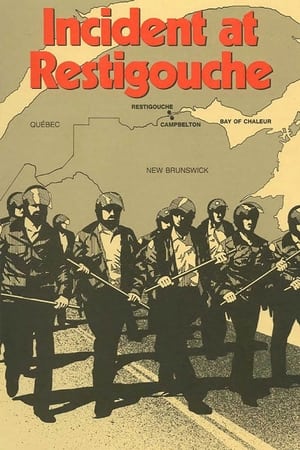 7.5
7.5Incident at Restigouche(fr)
Incident at Restigouche is a 1984 documentary film by Alanis Obomsawin, chronicling a series of two raids on the Listuguj Mi'gmaq First Nation (Restigouche) by the Sûreté du Québec in 1981, as part of the efforts of the Quebec government to impose new restrictions on Native salmon fishermen. Incident at Restigouche delves into the history behind the Quebec Provincial Police (QPP) raids on the Restigouche Reserve on June 11 and 20, 1981. The Quebec government had decided to restrict fishing, resulting in anger among the Micmac Indians as salmon was traditionally an important source of food and income. Using a combination of documents, news clips, photographs and interviews, this powerful film provides an in-depth investigation into the history-making raids that put justice on trial.
 6.8
6.8Born Into Brothels: Calcutta's Red Light Kids(en)
Documentary depicting the lives of child prostitutes in the red light district of Songachi, Calcutta. Director Zana Briski went to photograph the prostitutes when she met and became friends with their children. Briski began giving photography lessons to the children and became aware that their photography might be a way for them to lead better lives.
